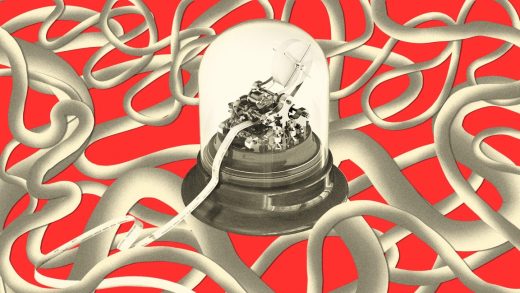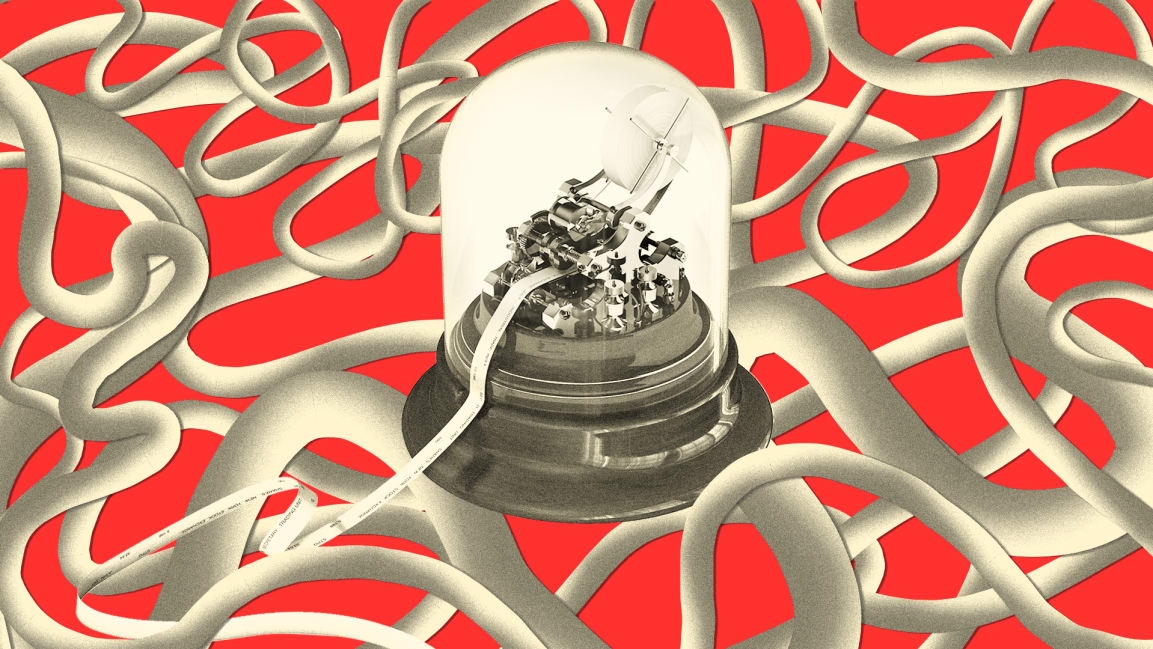Is it time to end corporate stock buybacks?
You’d be forgiven for thinking that Bernie Sanders and Marco Rubio will never really see eye to eye on a political issue. But the two senators, who both ran for president on opposite sides of the aisle in 2016, have found common ground, strangely, in the idea that corporate stock buybacks–when a company pays a shareholder cash for their shares–are a bad thing.
For the past several decades, the goals of American businesses has become benefitting shareholders. Given that just 10% of the wealthiest Americans own 84% of all corporate stocks, this “shareholder primacy” model tends to benefit those who already have means.
On February 3, Sanders and Senator Chuck Schumer published a call for limits and regulation around buybacks, and Rubio added his support this week. This groundswell of bipartisan opposition comes as something of a surprise to Lenore Palladino, senior economist at the progressive economics think tank The Roosevelt Institute, though not an unwelcome one.
Amid all the discussion around stock buybacks in national politics, Palladino released a paper this week to give more clarity around how the shareholder primacy model has harmed workers (and not particularly helped companies), and lend support to calls for more regulation.
Shareholder primacy is an economic idea, first popularized in the 1970s, that “claims that the sole purpose of corporate activity is to maximize wealth for shareholders; thus, executives and boards of directors prioritize increasing share prices over all else,” Palladino writes.
Repurchasing stock from shareholders is a tactic companies use to inflate the price of their shares (the fewer shares there are distributed among holders, the more each individual share is worth). Companies will often invest their profits in buybacks to jack up their shares’ value in the market. Executives, whose compensation often consists of large amounts of stock, also benefit.
This is in contrast to how companies previously directed profits, into growing the company and increasing worker salaries. The shift toward shareholder primacy, Palladino adds, not coincidentally tracks along with corporate attacks on unions, which played a significant role in protecting worker prosperity.
“In this moment, 10 years after the financial crisis, it seems that by traditional measures of GDP and corporate profits, the economy has recovered,” Palladino says. “But wages for workers are still stagnant. The basic social contract of when corporations do well, workers should do well because they’re part of creating the value companies produce, has been broken.”
After Donald Trump restructured corporate taxes, companies were left with windfalls that “they chose to spend by increasing buybacks, to the tune of $1.1 trillion,” Palladino says. “At the same time, the stock market has been going up and down, so you can ask the question, do stock buybacks really work to improve stock prices in the way executives wanted them to?”
This might explain the bipartisan appeal of regulating buybacks. Rubio is mainly concerned that corporate America’s obsession with stock buybacks is hampering its dominance of the global business landscape; he wants to restructure taxes on shares to “create a preference for reinvesting [capital] back into your business to increase productivity, innovation,” he told Yahoo Finance.
Schumer and Sanders are concerned about its role in the stagnation of worker salaries since the 1980s. They are working on a bill to prohibit a company from buying back its own stock until it has first met a set of ethical corporate standards, like paying workers a minimum of $15 per hour, providing comprehensive benefits, and investing in the surrounding community. Senator Elizabeth Warren, in the Accountable Capitalism Act she introduced last year, gets at a similar idea.
Addressing buybacks fits in with a large, and still growing movement, to address wealth inequality in the United States. Politicians like Warren and Alexandria Ocasio-Cortez, for instance, have both proposed taxes on extreme wealth, and strengthening the tax on inherited wealth is also gaining popularity. Together, these ideas could begin to narrow the 312-to-one wealth gap between executives and regular workers.
“We need a whole constellation of policies to really rebalance power in the United States,” Palladino says.
(21)



